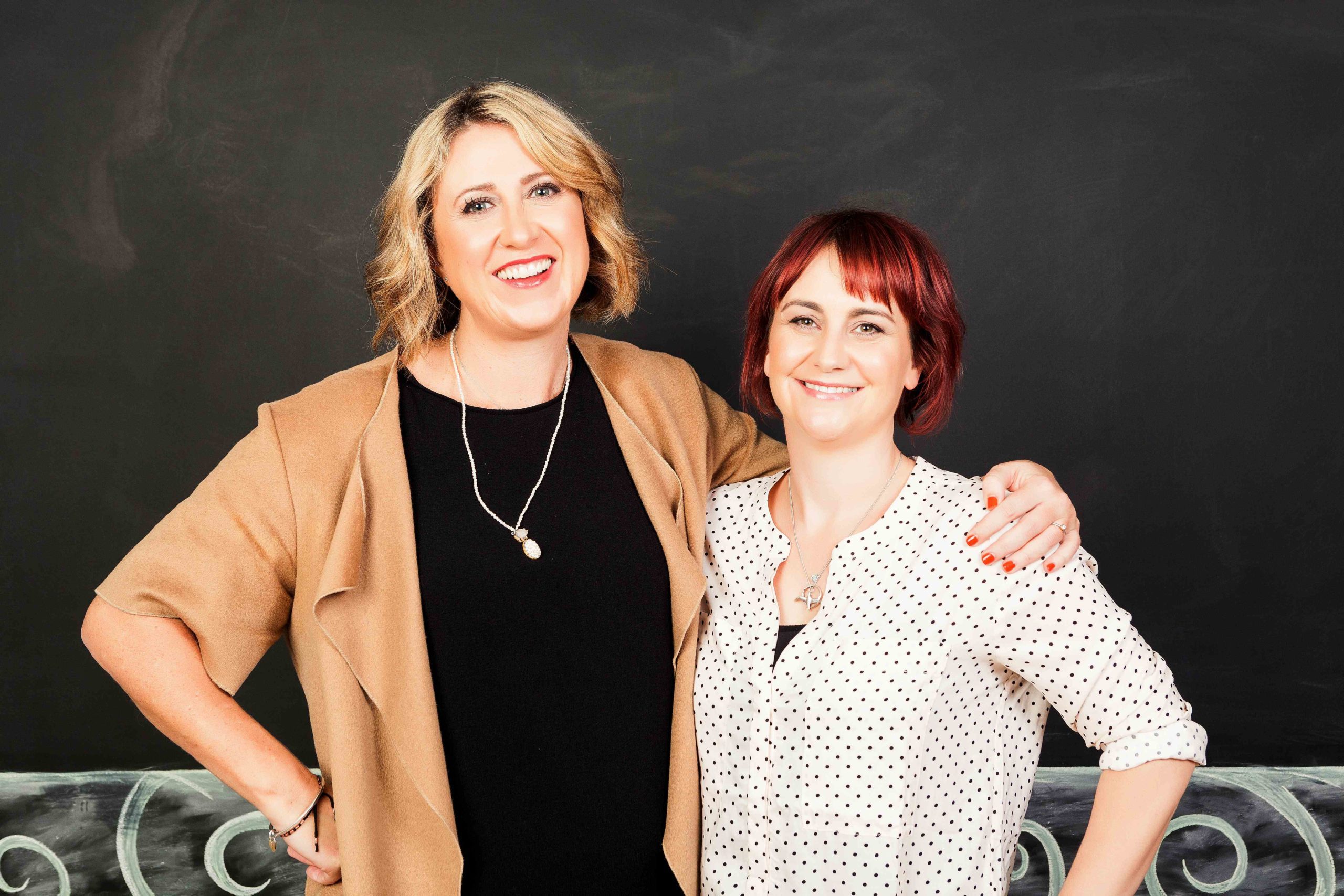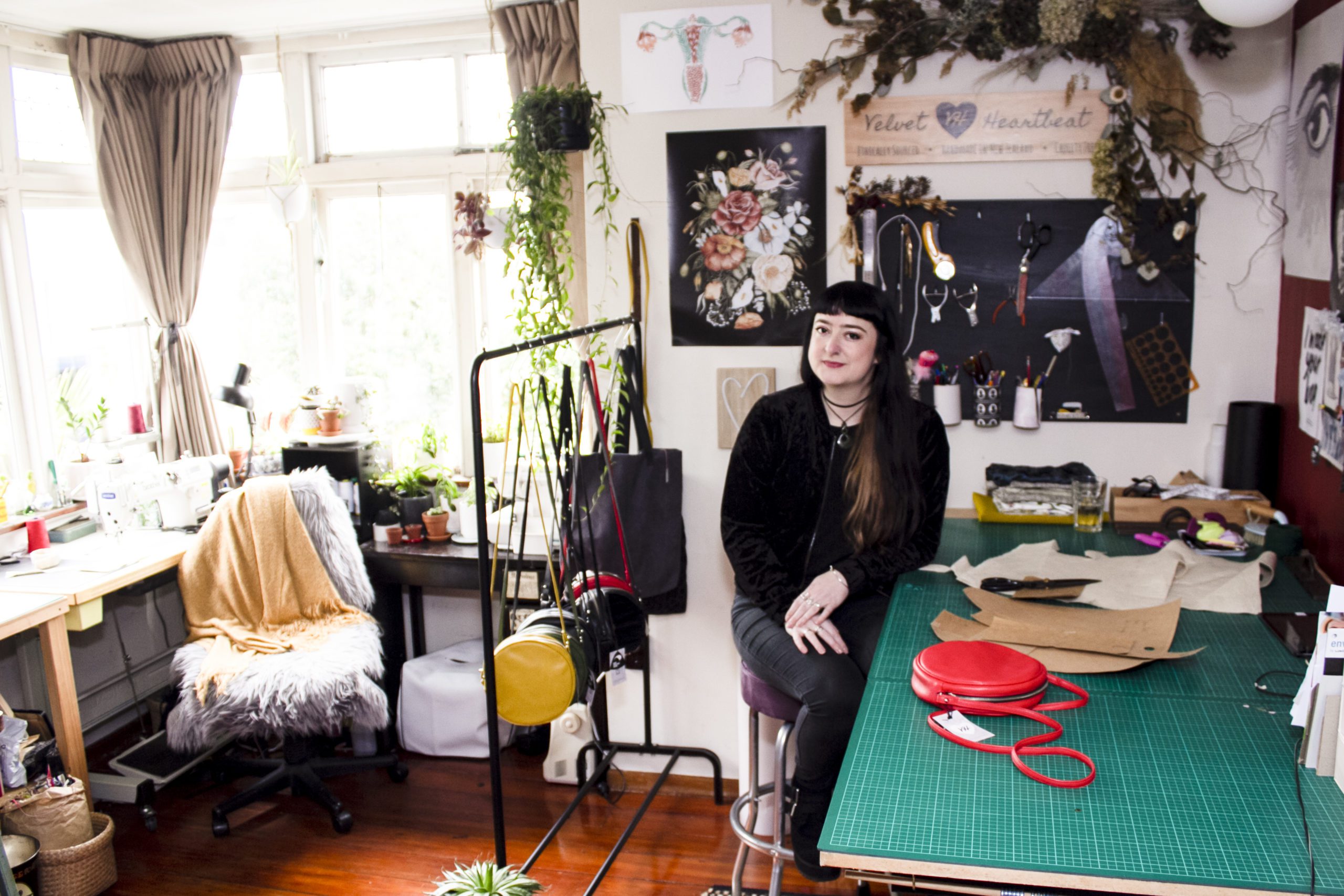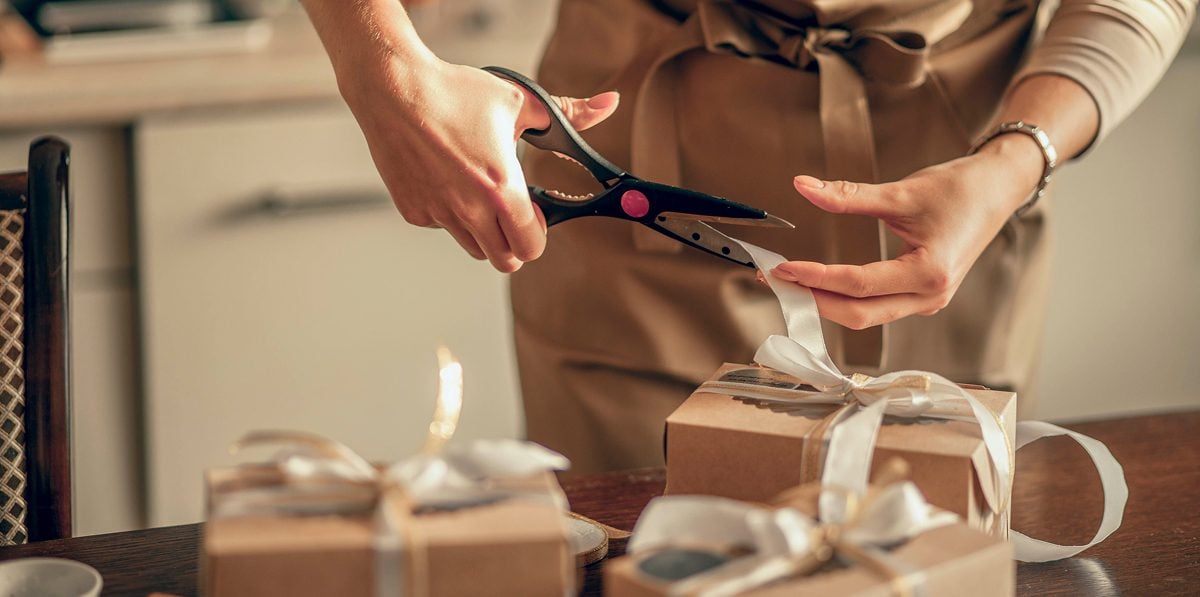From re-thinking supply chains to discovering the power of deep focus, here’s what NZ small business owners have learnt during the COVID-19 pandemic.
The Great Lockdown of 2020, as it will go down, sent some small businesses into shock overnight as they scrambled to sort out their supply chains and make tricky decisions about their businesses – all while often struggling to pay the rent and maintain a steady cash flow.
But small business challenges can also be ripe with opportunity. For many, the coronavirus pandemic and initial lockdown period taught them the value of knowing how to think and act fast, as well as to reconsider how they’re delivering their product or service.
We asked five small business owners in New Zealand to share their most valuable lessons.
1. Avoid putting all your eggs in one basket
For many small business owners, accessing their usual supply chains became an instant nightmare, as, around the world, many factories closed down and planes were grounded.
Fortunately, Kylie Matthews (pictured below), Director at AWWA The Label, which sells period-proof underwear, hadn’t put all her eggs in one basket.
“We have a number of manufacturers in various countries,” says Matthews. “So, we were able to continue getting stock throughout the lockdown, as when one of our suppliers was in lockdown, another wasn’t.”
Given that AWWA The Label provides an essential product, the company was pleased to continue meeting customer demand and keeping a steady flow of cash coming through.
“We’ll continue to use multiple manufacturers and look to expand this number as our business grows,” says Matthews.

2. Act quickly, don’t overthink
As the March lockdown was looming, Pippa Lekner and Sally Frewin (pictured left to right below), Directors of public relations firm the pr shop, made a big decision – and they made it fast.
“We gave notice on our office space just before lockdown and worked closely with our accommodating landlord to move out quickly and safely, cutting a number of overheads, which allowed us to invest our resources into our people, as opposed to a place,” says Lekner.
“This proved the importance of acting quickly and trusting your gut, while thinking positively and practically.”
When the lockdown eased, this approach gave them plenty to get excited about.
“We’ve always been a no bull PR agency, working for brands with a similar attitude,” she says.
“[Promoting] local shopping and travel is the biggest opportunity we have now, and it’s one we feel passionate about.”

3. Discover the power of deep, distraction-free work
For Georgia Meek (pictured below), founder of Babysitters Club, which connects parents and guardians with handpicked babysitters, the Level 4 lockdown meant her business was out of action.
Rather than falling into a heap, she seized the opportunity to work on a new concept – one she’d had hanging around on her ‘to-do list’ for months but hadn’t found time to properly develop. It was the introduction of nannies to the business.
“During the lockdown, I didn’t have the usual distractions coming through, so I was able to block out three hours of my day, each day,” Meek says. “I’d turn off my phone, play classical piano through my headphones, and begin by writing down what I wanted to achieve.”
Meek says this practice allowed her to produce top-quality work and achieve more with her time.
“I’ve now embedded it in my everyday practice and our business culture,” she says.
“Distractions are everywhere in this busy world, but our mind isn’t designed to be in 10 places at once. I’d highly recommend trying this – even if you begin with just one hour, to start. You’ll be amazed where it can take you.”

4. Keep overheads low and don’t spread yourself too thin financially
Suzie Eggleton (pictured below), founder of Velvet Heartbeat, which creates handcrafted vegan bags and accessories, is thankful her business is surviving through COVID-19. She says this is thanks to her business’s maker-centric model and low overheads.
“Velvet Heartbeat is built around me as a maker, which means I can do most of the design and product making, with help from contractors as required,” Eggleton says.
“I can be reactive to ebbs and flows in demand, instead of having to order bulk stock or have a larger team of people.
“I also have reasonably low overheads, as I’ve expanded through online sales and stocking with other stores, rather than having a bricks and mortar retail space.”

5. Remember why you started
“My business is very much a passion project,” says Theresa Murphy (pictured below), Creative Director of Event Flair, which connects live performers with events.
“Before lockdown, my business was really building momentum. But I was getting caught up in the ‘nuts and bolts’ of running it and losing sight of why I started.
“So, in a way, I was grateful for a break, as it gave me an opportunity to step back; look at how both the business and I, personally, would cope with the growth; and put measures in place to help the business run smoothly while maintaining creativity when we are up and running again.”

Need to get your business back on track? Talk to one of Prospa’s small business lending specialists about how a small business loan might help with any cash flow needs.




